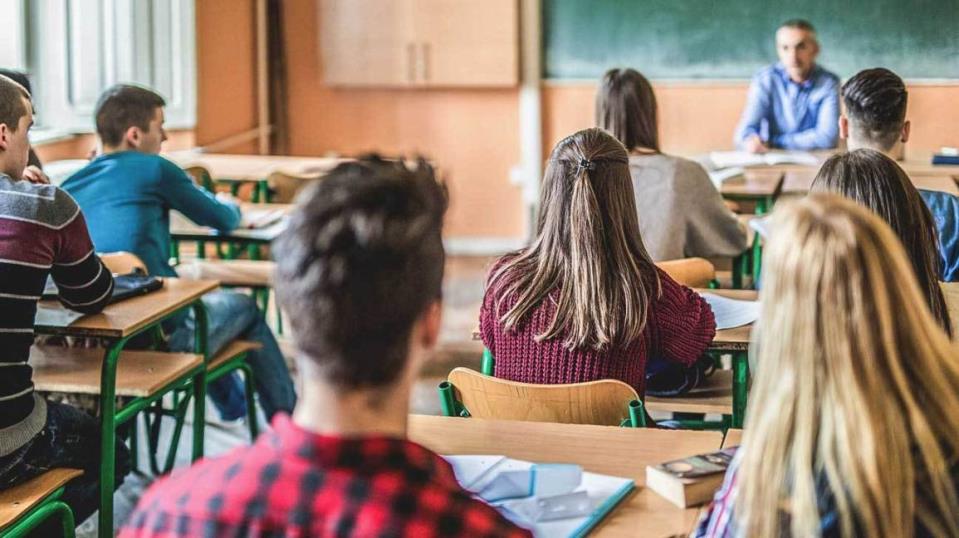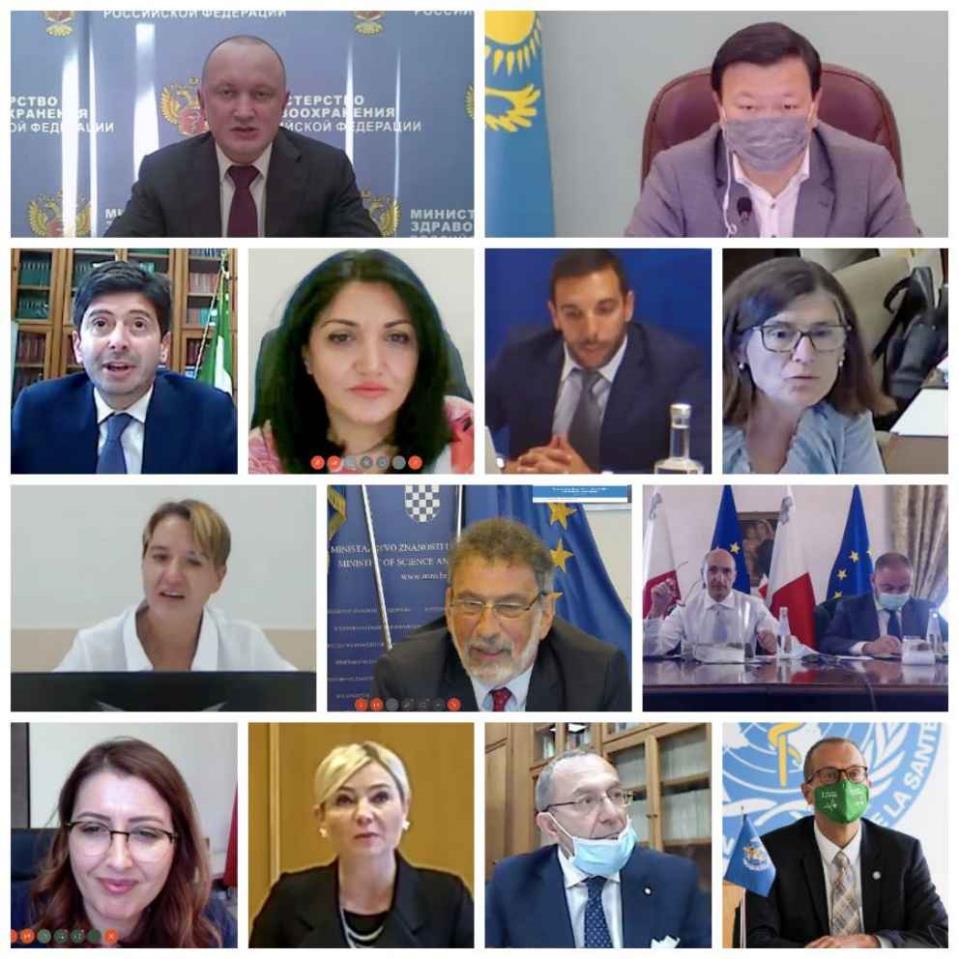In such a situation, it is realistic to prepare and plan for online learning to be available to complement school-based learning in the coming scholastic year, the World Health Organisation said.
“This will be necessary during temporary closures, can be an alternative for children and educators with health conditions, may be needed during episodic quarantine and may complement school-based learning in circumstances where children alternate school presence to respect physical distancing needs in small classrooms.”
During a meeting on Monday, the World Health Organisation (WHO) virtually met with representatives of EU Member States to develop a framework to ensure the safety and well-being of children, their families and communities.
Deputy Prime Minister Chris Fearne, Education Minister Owen Bonnici and Health Superintendent Charmaine Gauci represented Malta in the meeting.
A discussion took place in order to identify and gather as much as information and guidelines on how to manage the situation safely.
The organisation highlighted that the basic principles, including hand hygiene, physical distancing, the use of masks and staying at home if sick are crucial with the reopening of schools.
In addition, specific policies will need to be in place for at-risk children with special learning needs or health conditions, as well as for educations with health conditions that render them vulnerable to more severe infection.
Following the meeting, the WHO published a statement saying that although the COVID-19 pandemic has brought about many uncertainties across the world, certain lockdown measures have been eased and a more sophisticated understanding about how we can remain as safe as possible was developed.

This strategy also needs to apply to the reopening of schools as we need to safely explore on how to keep all of our students safe.
It reconfirmed that these discussions are guided by the best interests of the children and overall public health considerations, informed by cross-sectoral and context-specific evidence.
COVID-19 has created the largest disruption of education systems in history, affecting nearly 1.6 billion learners in more than 190 countries, the WHO said.

The organisation highlighted that students continue to be negatively impacted by school closures both in terms of their education and their health, including their mental health, social development and the risk of impact of being in an abusive home environment.
In addition, the vulnerable and deprived carry the heaviest burden of school closures, and the organisation stated that the harmful effects of the pandemic may not have been distributed equally.
“Children living in vulnerable situations continue to be disproportionately affected in relation to their long-term health outcomes and challenges with distance learning, both due to digital poverty and difficulties for parents being able to assist in the learning process,” the statement said.
Accessing educational support has always been a challenge who have underlying health conditions and children living with disabilities, and the COVID-19 has made it worse. Therefore, addressing these disparities must be central to any efforts to reopen schools safely.
It is important that the link between the health and education sectors is present, as the world navigates the new post-COVID-19 reality, the WHO said.